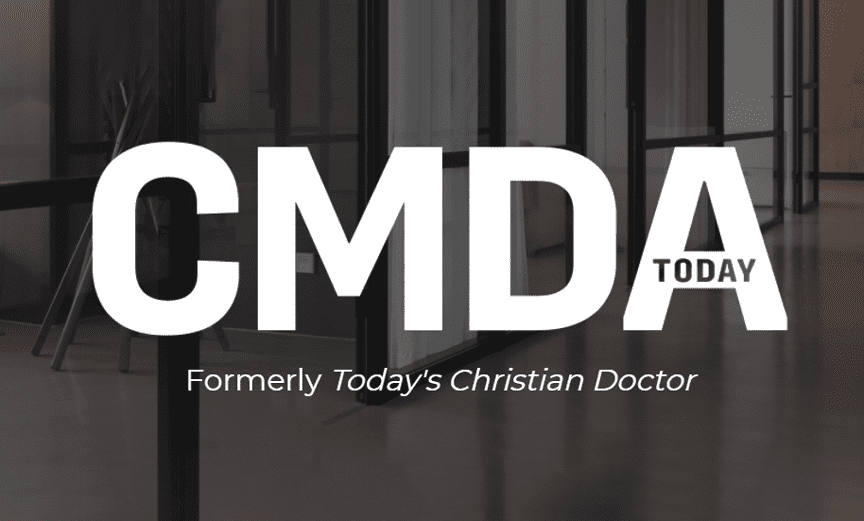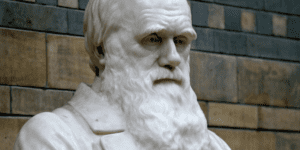
The Lure of Money
Most people can do one or two of these things, but very few people can do more than that. I have always found this idea intriguing as my family and I considered how to budget the money we have been given. But it leaves out something very important we can do with our extra money, doesn’t it? We can give it away.
by Autumn Dawn Galbreath, MD, MBA
Years ago, I heard a saying about how people can spend their extra money. The saying goes:
You can eat your money (spend it on fine dining),
You can drive your money (spend it on luxury cars),
You can live in your money (spend it on a nicer house),
You can wear your money (spend it on pricey clothes),
Or you can visit your money (spend it on travel).
Most people can do one or two of these things, but very few people can do more than that. I have always found this idea intriguing as my family and I considered how to budget the money we have been given. But it leaves out something very important we can do with our extra money, doesn’t it? We can give it away.
Recently, I attended two back-to-back fundraising dinners for different organizations. At one of them, the testimonial speaker talked about how inspired he was by a friend who had donated a $3 million house to the organization. And at the second, I (a primary care physician) was at a table with two surgeons and a dermatologist. In both settings, my first response was to think how much less I have to give than the people around me. And that scarcity mentality quickly began feeding on itself:
- “If this plastic surgeon can give so much more than I can, what use is the little I can give?”
- “If this organization is getting $3 million houses, what use do they have for my little pittance?”
- “If we hadn’t had all those student loans to pay off….”
- “If we didn’t have three kids heading into college….”
It’s natural, isn’t it? We compare ourselves to those who have more than we do. I imagine that same plastic surgeon compares himself to wealthier surgeons, and the guy with the $3 million house compares himself to a neighbor with a $4 million house. There’s always someone with more, isn’t there? And even if there isn’t someone with more, there is still more out there to acquire. I would venture to guess that Amazon’s Jeff Bezos, currently the richest man in the world, still has things he thinks about being able to do if he had a little bit more money. I mean, John D. Rockefeller is considered to have been the richest person in modern history, and when a reporter asked him, “How much money is enough?” he replied, “Just a little bit more.” There is no end to human nature’s grasping and striving for just a little bit more. We are never fully satisfied, no matter how much we have or earn. One of the ancient world’s richest men, the writer of Ecclesiastes, said, “I have seen everything that is done under the sun, and behold, all is vanity and a striving after wind” (Ecclesiastes 1:14, ESV). I love the phrase “striving after wind” because that’s exactly what it is, isn’t it? We work and strive and try and grasp, but we can’t catch the wind any more than we can find satisfaction in the material world.
What if we stopped striving after wind and began striving after God? How would it change our perspectives? I submit that it would change our perspectives on everything in this life, but most of all, it would change our perspectives on money. If our focus all day every day was on God and what He provides, would we begin to hold His provisions more loosely? Would we be more willing to let go of them? Would we even want to get rid of some of them in order to lighten our own burdens and further the kingdom work on Earth?
I am not speaking from any kind of moral high ground on this issue. Not only have I not “arrived” on this issue…I’m such a beginner that I can’t even imagine what the “finish line” would look like! But I do know I can choose what I compare. I can compare myself to Jeff Bezos or to the plastic surgeon across the table and always come up short. But if I compare myself to the 50 million Americans living in poverty (annual income less than $25,100 for a family of four) or to the average household income in the U.S. ($58,270) or to the median household income in the U.S. ($29,930) or to the median household income worldwide (less than $10,000), I am wealthy beyond belief. Did you know that if you earn more than $32,400 annually, you are in the top 1 percent of the wealthiest people in the entire world? I don’t know a single healthcare professional who doesn’t fall into that category.
So if we are in the top 1 percent of earners in the world, how does God call us to view our possessions?
- “Whoever loves money never has money enough; whoever loves wealth is never satisfied with his income. This too is meaningless” (Ecclesiastes 5:10).
- “Keep your lives free from the love of money and be content with what you have, because God has said, ‘Never will I leave you; never will I forsake you’” (Hebrews 13:5).
- “No one can serve two masters. Either he will hate the one and love the other, or he will be devoted to the one and despise the other. You cannot serve both God and Money” (Matthew 6:24).
- “For the love of money is a root of all kinds of evil. Some people, eager for money, have wandered from the faith and pierced themselves with many griefs” (1 Timothy 6:10).
I don’t see Scripture saying it is wrong to have money, but I do see caution after caution about how seductive money can be. About how it lures us to rely on it, and on ourselves, rather than on God. About how the love of money can never be satisfied and creates a lust for more and more. About how God provides us with whatever money we have—be it a lot or a little—and He expects us to use it further His kingdom.
My question to all of us is this: Where in our lives are we relying on money or its trappings (power, security, possessions) rather than relying on God? And where is God calling us to give up money and possessions for His kingdom work? The opportunities to give are endless. There are hundreds of excellent, biblical ministries doing amazing work—ministries that could be doing even more if they had more money. How does God want you to reorganize your priorities in order to free up more for His glory?
These are the questions I’m pondering myself, and I challenge you to join me.
Read More
This article was originally published on The Point, CMDA’s weekly blog focusing on the issues facing Christians in healthcare. Visit www.cmda.org/thepoint to read more and join the conversation on breaking news stories in bioethics and healthcare. Our expert contributors also recommend additional resources and information.
Get Involved
CMDA’s Stewardship Department offers resources to help encourage CMDA members and aid them to be good stewards of the gifts given them by God, plus information to help protect their assets and provide for loved ones while building the kingdom of God. For more information, visit www.cmda.org/support.
About the Author
Autumn Dawn Galbreath, MD, MBA, is an internist in San Antonio, Texas, where she lives with her husband David and their three children. Though they met in medical school, David now owns a restaurant in the San Antonio area. Between the two of them, they have experienced multiple career transitions and weathered the resultant stresses on their marriage and family. Autumn Dawn speaks to the issues of Christian marriage, being a working mother in the church and being a woman in healthcare with an engaging humor that brings perspective to these difficult issues. Autumn Dawn earned her medical degree from the University of Texas Medical School at San Antonio, where she also completed her internal medicine residency. She earned her MBA from Auburn University in Auburn, Alabama.










